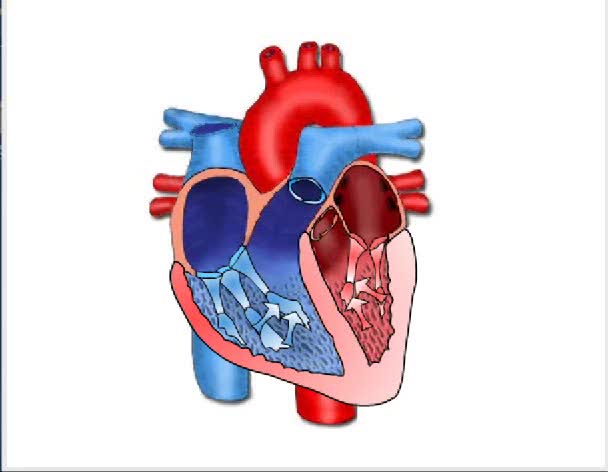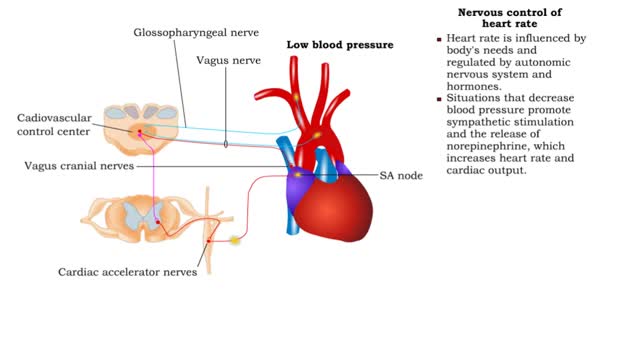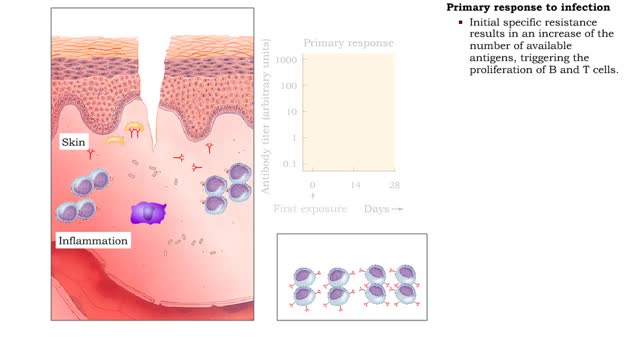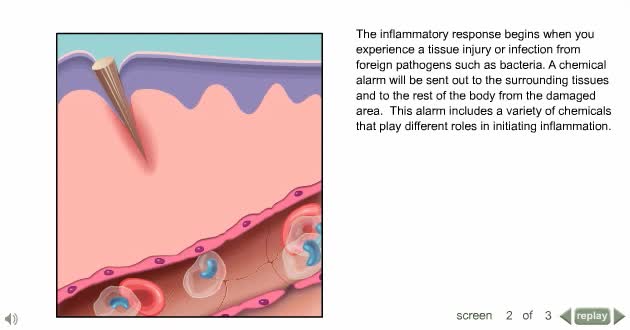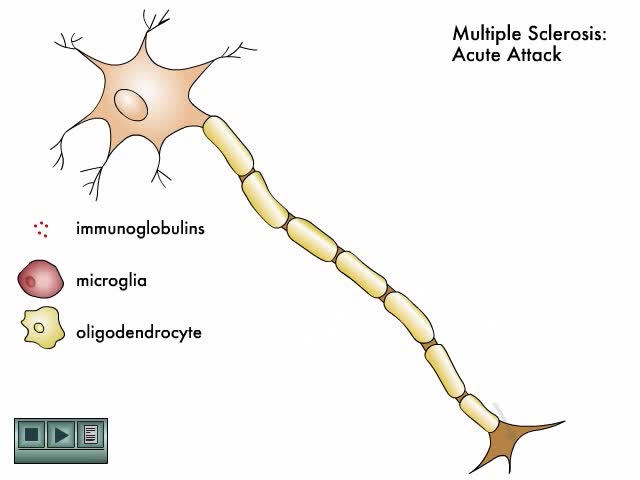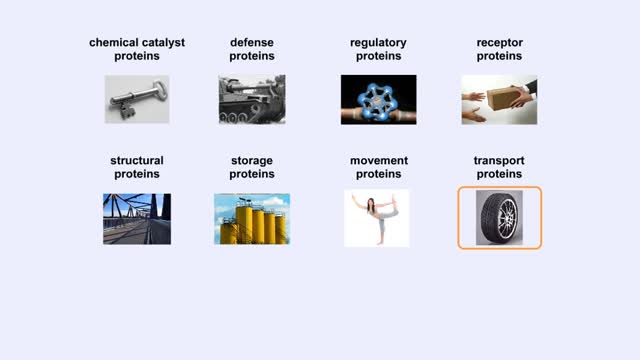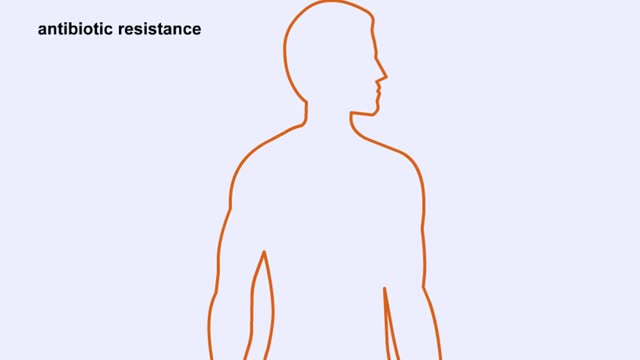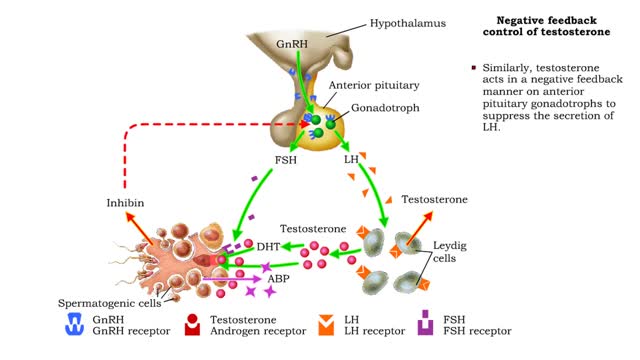Search Results
Results for: 'digestive system'
By: Administrator, Views: 14746
Hemodynamics is the dynamics of blood flow. The circulatory system is controlled by homeostatic mechanisms, such as hydraulic circuits are controlled by control systems. Hemodynamic response continuously monitors and adjusts to conditions in the body and its environment.
By: HWC, Views: 11258
• Heart rate is determined by the rate of depolarizations of the sinoatrial (SA) node. • Cardiac output is directly proportional to heart rate, the greater the heart rate the greater the cardiac output. • Changes in heart rate are associated with exercise, stress or injury. Nervous ...
By: Administrator, Views: 13841
Allergic rhinitis, also known as hay fever, is a type of inflammation in the nose which occurs when the immune system overreacts to allergens in the air. Signs and symptoms include a runny or stuffy nose, sneezing, red, itchy, and watery eyes, and swelling around the eyes. The fluid from the nose...
Primary and secondary response to infection
By: HWC, Views: 10996
• Pathogens enter the body by penetrating the non-specific barriers in the skin and mucus membranes. • Pathogens first encounter macrophages and natural killer cells that carry out phagocytosis and cytolysis respectively. • A pathogen's first encounter with the immune system can promo...
By: Administrator, Views: 14119
Inflammation is caused by a number of physical reactions triggered by the immune system in response to a physical injury or an infection. Inflammation does not necessarily mean that there is an infection, but an infection can cause inflammation.
By: Administrator, Views: 14375
Multiple sclerosis (MS) is a demyelinating disease in which the insulating covers of nerve cells in the brain and spinal cord are damaged. This damage disrupts the ability of parts of the nervous system to communicate, resulting in a range of signs and symptoms, including physical, mental, and so...
How proteins function? How do proteins work?
By: HWC, Views: 10792
How proteins function is really about how proteins "do work" in cells. How do proteins work? Let's start thinking about protein function by looking at something important to you: your hair. Keratin is a structural protein that is composed of 2 intertwined or helical strands. Keratin is also f...
Natural Selection, Species Isolation and Real World Example
By: HWC, Views: 10547
`Natural selection' is the process in which organisms with adaptive traits survive and breed in greater number than organisms without such traits. Eventually, almost all of the individuals in the population will have the same adaptive trait. This was the concept presented by Charles Darwin in ...
Male Reproductive System - Testosterone
By: HWC, Views: 11725
• Under the influence of FSH and testosterone, Sertoli cells produce androgen-binding protein (ABP) that binds to testosterone and maintains high levels of the hormone near spermatogenic cells. • Testosterone stimulates the final stages of spermatogenesis. • In addition, testosterone is...
Advertisement



